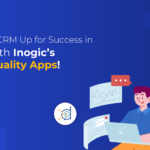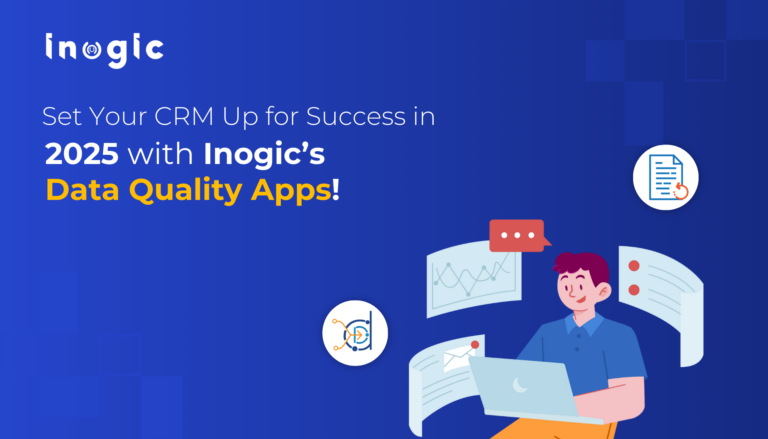Implementing a CRM solution and the necessary add-ons marks a pivotal moment for any business, offering a chance to streamline processes and adapt to ever-changing market dynamics.
Choosing the right CRM supplier or partner should go beyond technology evaluation; it’s about finding a company that aligns with your business needs, has a relevant market presence, respects applicable regulations, and doesn’t present a future risk. Let’s consider all this in detail.
How to Evaluate Potential CRM Partners and Suppliers
As businesses strive to navigate the complexities of CRM implementation, it’s crucial to consider the right mix of technology expertise and partnership potential. In other words, evaluating possible CRM partners and suppliers goes beyond mere technological capabilities; it involves aligning with those who truly understand your business dynamics and objectives.
Look Beyond Big BrandsHave you ever heard: “Nobody ever got fired for betting on IBM?” However, you need to keep in mind that the biggest names in the industry aren’t always the best fit. The tale of IBM’s past dominance serves as a reminder: what worked yesterday may not be the solution for today’s evolving technology and customer demands. Investigate their current performance and relevance to your needs.
Prioritize Personal ConnectionEnsure the partner is willing to connect on a human level, understanding your unique requirements, and avoiding one-size-fits-all solutions.
Track Record in Your IndustryCheck their success stories, especially in your sector.
Effective CommunicationThey should clearly understand and articulate your business needs.
FlexibilityEvaluate their ability to tailor solutions to your specific needs.
Training and SupportEnsure they offer robust post-implementation training and support.
Relevant CertificationsCheck for certifications, either generic, such as an ISO certification, or industry-specific, like Microsoft certifications.
Key Questions to Ask
Arming yourself with the right questions can unveil crucial insights about a potential CRM partner. Basically, you need to ask the right questions to make sure you get the information to support the decision. Here are some suggestions:
How do you adapt your approach for different business sizes and industries?
Can you share success stories similar to our business?
Describe your post-implementation support and training.
How do you handle data security?
Red Flags to Watch Out For
Being aware of potential red flags is also essential in your decision-making process. Look out for signs such as:
Lack of specific industry experience.
A generic approach to all customers.
Poor communication in the language you are comfortable with or delayed responses.
Unrealistic promises about deadlines or software capabilities.
Neglecting data security.
Limited support after implementation.
Conclusion
Remember, you are unique as a client! You deserve a partner or supplier who recognizes and values your uniqueness, and for that, you will need to consider several possible CRM partners or suppliers and analyze them thoroughly.
Keep in mind that a successful relationship in the software industry requires a blend of technical prowess and a deep understanding of your specific business needs, ensuring a solution that brings long-term value and adaptability. By adhering to these guidelines, you are well on your way to finding a CRM supplier or partner who can genuinely enhance and elevate your business processes.
By Ana Neto, Connecting Software.
Connecting Software creates integration and synchronization software. We have been on the market for nearly two decades. We operate globally and we are also a proud “Top Member” and “Top Blogger” at CRMSoftwareBlog.



Thank you for reading this far! Additionally, I think you might also enjoy these articles:








![Best Practices for Maintaining Government Site Reliability// Woman looking at computer center. [Image: Adobe]](https://www.cybercloudintel.com/wp-content/uploads/2024/12/Best-Practices-for-Maintaining-Government-Site-Reliability-150x150.png)



